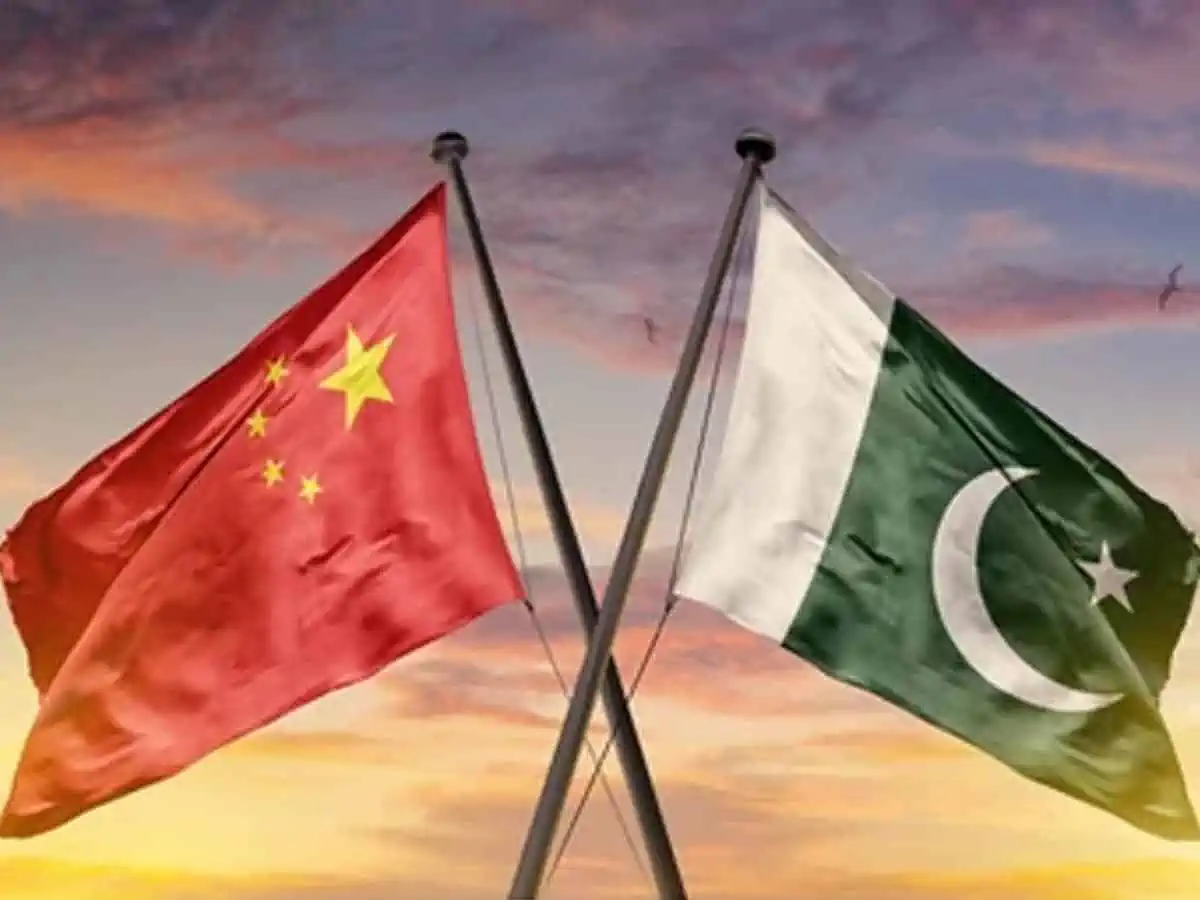On August 22, the government of Pakistan approved an additional PKR 60 billion (approximately USD 218 million) to fund Operation Azm-e-Istehkam (Resolve for Stability), with an immediate release of PKR 20 billion.[1]
The military requested these funds to equip security forces engaged in combating militants in Balochistan and Khyber Pakhtunkhwa. Notably, in July, the Biden administration approved USD 101 million in aid for Pakistan to “combat terrorism, support economic reforms, and provide debt relief.” Additionally, on April 30, Pakistan received USD 1.1 billion from the International Monetary Fund (IMF) and secured a conditional agreement with the IMF for a new USD 7 billion loan. All external funding from the U.S. and Western financial organizations to Islamabad will, either inadvertently or knowingly, serve Chinese interests in Pakistan.
While Operation Azm-e-Istehkam was reportedly designed to curb Islamist terror networks in Pakistan, its primary objective appears to be reassuring Beijing and protecting Chinese investments in the China-Pakistan Economic Corridor (CPEC).[2] Additionally, as the Pakistani military intensifies counterterrorism operations in Balochistan and Khyber Pakhtunkhwa, there is a heightened risk of targeted human rights violations against ethnic minorities such as the Baloch and Pashtuns. Since the operation’s announcement on June 22, opposition political parties, particularly regional ones, have vehemently opposed the new counterterrorism initiative. Many Baloch parties, as well as Pashtun-dominated groups like the Awami National Party (ANP) and Jamiat Ulema-i-Islam Fazl (JUI-F), have criticized the government’s decision, viewing the operation as a ploy to create further instability in Balochistan and Khyber Pakhtunkhwa.[3] Meanwhile, the military establishment seems intent on securing “additional funds” and consolidating General Syed Asim Munir’s position amid growing political dissent from Imran Khan’s Pakistan Tehreek-i-Insaf (PTI).
Speaking before a subcommittee of the U.S. House Committee on Foreign Affairs on July 23, Assistant Secretary for South and Central Asia, Donald Lu, emphasized that the USD 101 million in aid is intended to stabilize Pakistan’s economy and uphold democracy and human rights.[4] The U.S. plans to allocate additional resources to South Asia, with the president requesting USD 585.7 million for the region—a 4.8 percent increase over the 2023-24 budget. This budget increase may include additional financial aid for Pakistan. For months, Pakistan has been lobbying Western countries, particularly the U.S., over alleged cross-border terrorism from Afghanistan. Islamabad’s portrayal of itself as a ‘victim’ of terrorism has likely pressured Washington to provide additional funding and back Pakistan’s so-called counterterrorism efforts.
Interestingly, the U.S. has made overtures to counter China’s influence in Pakistan. During the congressional hearing, in response to a lawmaker’s question, Donald Lu stated that the U.S. intends to surpass Chinese investments in Pakistan and prevent Islamabad’s “further overreliance” on Beijing.[5] The U.S. budget proposal includes a total of USD 1.01 billion in foreign assistance for the South and Central Asia region to “compete with the People’s Republic of China (PRC), counter Russian and Chinese disinformation, and prevent terrorist groups from threatening U.S. security.” Notably, in 2018, then-President Donald Trump had canceled USD 1.3 billion in aid to Pakistan, criticizing the country for not doing enough to combat terrorism originating from its soil. This decision further strained U.S.-Pakistan relations. However, the renewed competition for influence between China and the U.S. is benefiting Pakistan’s military establishment, which is leveraging the terrorism issue to secure additional funds and advance its defense equipment to use against India.
According to the Economic Coordination Committee (ECC) of the Pakistan government’s cabinet, the PKR 60 billion allocation is supplementary to the regular military budget. It will be provided through an additional grant. An ECC official reportedly stated that “the terrorists had access to better technology and weapons left behind by the withdrawing U.S. forces.” Consequently, PKR 40 billion of the total PKR 60 billion will be disbursed in the second half of the fiscal year 2024-25, specifically for the “procurement of advanced military equipment necessary to bolster the security forces’ capabilities.”[6] This decision comes amid Pakistan’s ongoing financial struggles, despite securing a conditional 37-month International Monetary Fund (IMF) program in July. The new IMF deal sets a challenging target for Pakistan, with the highest effective tax rate potentially rising from the current 15% to 45% starting in 2025.[7]
Many analysts believe Pakistan will struggle to meet the IMF’s conditions for the new loan. As a result, Islamabad desperately seeks aid from the U.S. and other countries, as well as debt rescheduling from China. According to a 2023 report, Pakistan owes one-third of its USD 125 billion debt to China alone. In July, Pakistan requested the re-profiling of over USD 27 billion in debt and liabilities owed to China, Saudi Arabia, and the United Arab Emirates (UAE) to “secure an International Monetary Fund (IMF) bailout package and ease consumer tariffs and energy sector foreign exchange outflows.”[8] Specifically, Pakistan has asked China to re-profile over USD 15 billion in energy sector liabilities, which would “create fiscal space for Islamabad amid difficulties in timely repayments.”
Under these circumstances, Pakistan launched a new counterterrorism operation to pressure the U.S. for financial aid and divert the local population’s attention from dire economic issues. China stands to benefit from U.S. funding to Pakistan, which could be used for debt repayment and anti-terror operations against Baloch rebel groups. Given Rawalpindi’s track record of double-crossing the U.S. on terrorism and counterterrorism issues, Pakistan is likely to seek additional funding from Washington to financially benefit its military and advance Beijing’s security objectives in the region.

